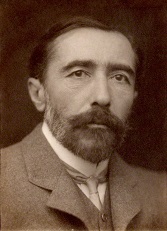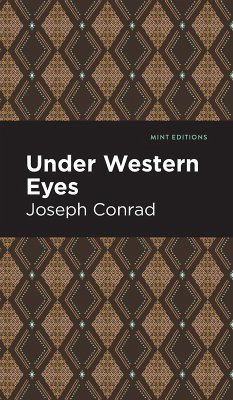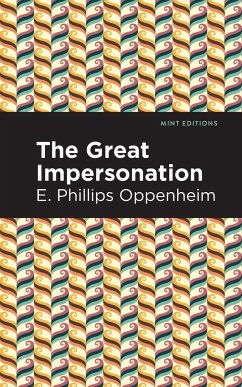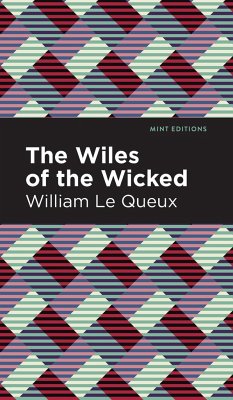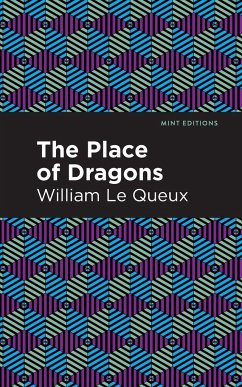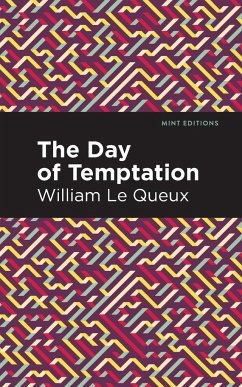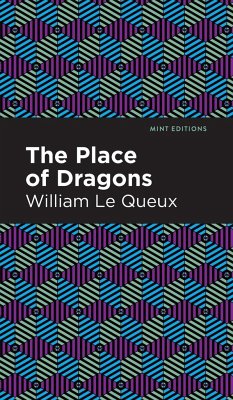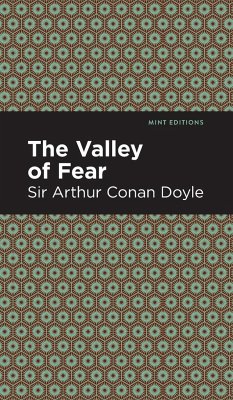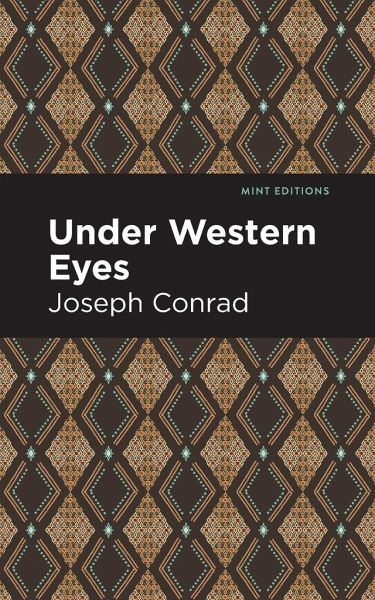
Under Western Eyes

PAYBACK Punkte
7 °P sammeln!
Growing up as an orphan, Razumou adopted the belief that all of Russia was his family, a sentiment that he carries into his higher education. Because of this, when talks of revolution start arising in Russia, Razumou decides to stay neutral. However, this becomes increasingly difficult when most of his classmates start to express their ardent support for a revolution. Still, Razumou decides not to take a stand on either side. Since he feels all of Russia is his family, Razumou equates choosing a side to betrayal. He is privileged enough to hold this neutrality for a while, though, after the as...
Growing up as an orphan, Razumou adopted the belief that all of Russia was his family, a sentiment that he carries into his higher education. Because of this, when talks of revolution start arising in Russia, Razumou decides to stay neutral. However, this becomes increasingly difficult when most of his classmates start to express their ardent support for a revolution. Still, Razumou decides not to take a stand on either side. Since he feels all of Russia is his family, Razumou equates choosing a side to betrayal. He is privileged enough to hold this neutrality for a while, though, after the assassination of the Minister of the State, Razumou must chose a side. Haldin, one of Razumou's classmates, shows up at Razumou's flat looking disheveled and hoping for asylum after having participated in the assassination of a Russian leader. Reluctantly, Razumou agrees to help Haldin. Feeling guilty and paranoid, Razumou slips into an identity crisis, and is forced to weigh the consequences as he struggles to decide whether to continue providing aid for Haldin, or turn his classmate in to the authorities. Considered to be one of Joseph Conrad's major works, Under Western Eyes explores the injustice in the suffering of lower classes, and the unethical disregard for such social problems held by the rich. Narrated by a Swiss English teacher, Under Western Eyes is a unique perspective on revolutions, applicable to both the failed and successful Russian revolutions, changing the audience's perception depending on when it is read. A friend to all is a friend to none, so with the use of complicated moral themes and troublesome characters, Under Western Eyes questions the possibility of a truly neutral party. This edition of Joseph Conrad's Under Western Eyes is redesigned with the modern reader in mind. With an eye-catching new cover design, and an easy-to-read font, Under Western Eyes is accessible and invites conversation. Since our inception in 2020, Mint Editions has kept sustainability and innovation at the forefront of our mission. Each and every Mint Edition title gets a fresh, professionally typeset manuscript and a dazzling new cover, all while maintaining the integrity of the original book. With thousands of titles in our collection, we aim to spotlight diverse public domain works to help them find modern audiences. Mint Editions celebrates a breadth of literary works, curated from both canonical and overlooked classics from writers around the globe.




